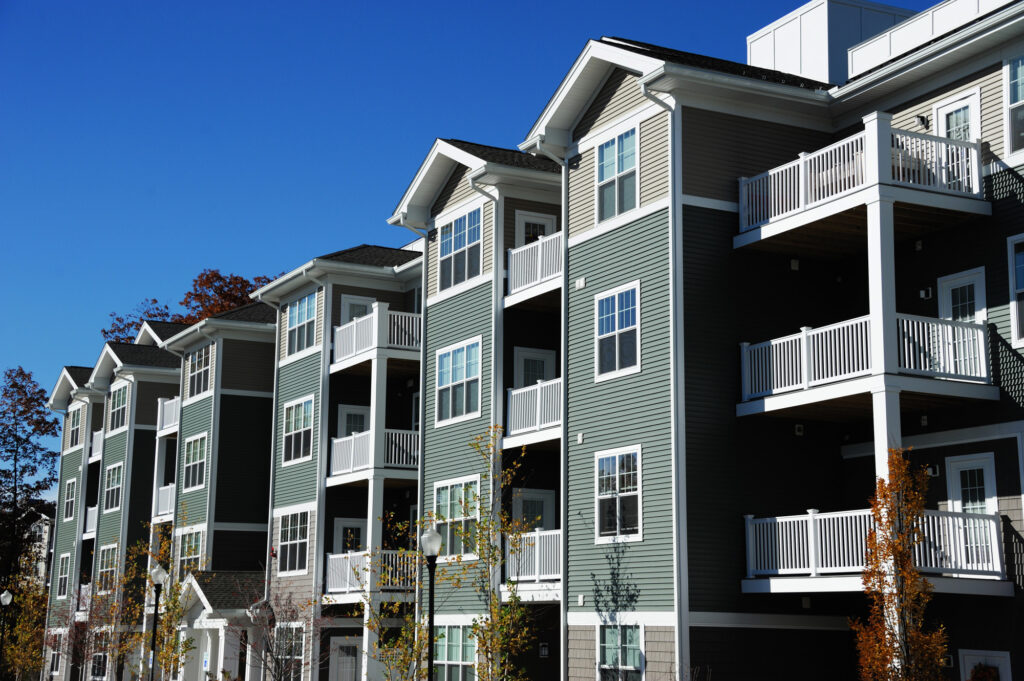Landlord Woes: How to Keep the Vacancy Rate in Your Rental Property Low
Are you losing money with high tenant turnover rates? A high vacancy rate cuts into your profits, and frequent turnover costs you more in costs associated with finding renters.
Renters account for 36.6% of households in the U.S. Changing the way you screen and treat your share of those renters can help convince them to stick around longer.
Try these tips to keep your house vacancy rate under control.
Screen Tenants Thoroughly
Circumstances change and sometimes even high-quality tenants leave early, but doing your research before choosing a tenant can save you headaches. Accepting the first applicant without doing any screening could result in a bad tenant who doesn’t stick around, or worse, stops paying rent. Don’t skip on standard screening methods, such as background checks and contacting references.
If you don’t want to mess with screening tenants yourself, consider hiring a property management company. The company handles finding and screening tenants, so you don’t have to.
Use Incentives
Offering incentives for longer lease terms encourage tenants to stay longer. If your normal lease term is 1 year, offer a small discount for signing a 2 year lease. Even though you’re not making as much money off of the rent, you could come out ahead by avoiding vacant properties and turnover costs.
Don’t forget to offer incentives to your current tenants to get them to stay. If you’re running a special incentive for new tenants, such as a free month’s rent with a new lease, offer the same deal to your current tenants if they extend their lease.
If you don’t feel like you can afford a rent discount, consider offering a small gift for signing or renewing a lease. It’s a small gesture that can go over well with tenants. Little gifts or treats throughout the year can also set you apart as a thoughtful landlord and encourage people to stay.
Treat Tenants Well
Make yourself easily accessible to your tenants when problems arise. Respond quickly and courteously. If you can’t get to a repair immediately, communicate with them about why and when you expect to have it done.
If tenants can never get ahold of you or have to wait too long for repairs, they lose trust in you. They may decide to move somewhere with more responsive management.
Maintain the Property
Everyone wants to live in a well-maintained property. If you expect tenants to stay for years, you can’t ignore peeling paint, damaged fencing, or a crumbling driveway for years. The tenants will notice that you don’t maintain the property well, and they might move somewhere else that’s nicer.
Make it a point to talk to them regularly and ask them if they have any suggestions for making the property better. You don’t have to satisfy all of their requests, but hearing their suggestions helps you identify what’s important to them. This can help you gradually make improvements that they’ll appreciate, which could help encourage them to stay.
Improve Your Vacancy Rate
Keeping your vacancy rate low helps you maximize your profits as a landlord. Encouraging your tenants to stick around by treating them well and offering them incentives helps you reduce tenant turnover.
Check out our archives for more real estate information.
